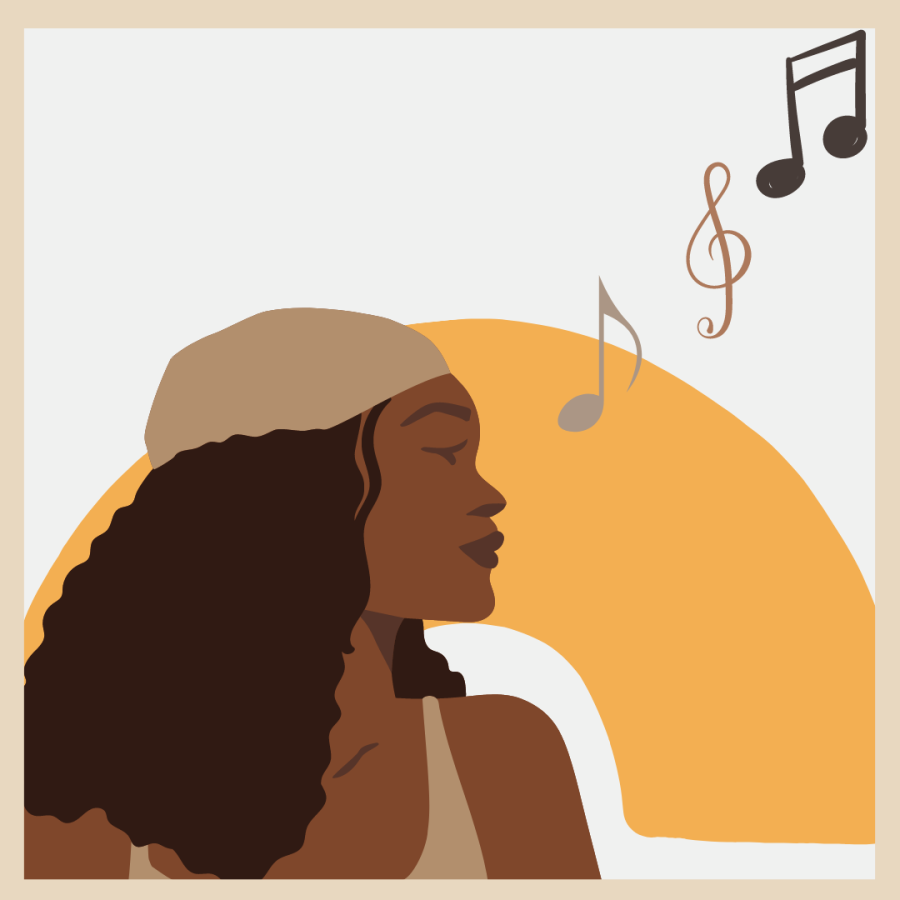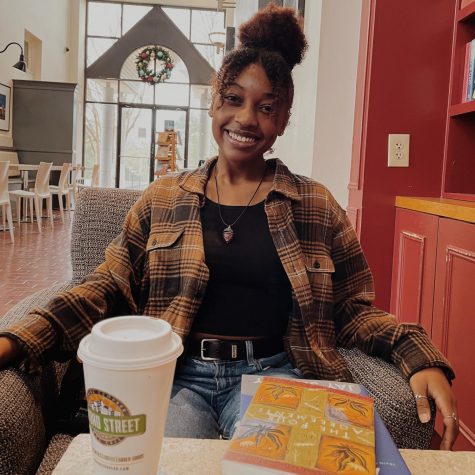“Who taught you to hate the color of your skin?” Malcom X asked a predominantly Black audience during a speech. “Who taught you to hate the texture of your hair? Who taught you to hate the shape of your nose and the shape of your lips?”
Self-hatred runs deep in the Black community. It’s obvious why, but if you’re not aware it’s simple: Black people were taught for centuries that everything about them is “wrong.”
To validate the agenda of white supremacy during the enslavement and segregation of Black Americans, they had to use a dichotomy. In the world of dichotomies, there is always opposition — light and dark, good and evil, love and hate. For this argument, our dichotomy is white versus black whereas whiteness is considered “right and good” and blackness is considered “wrong and evil.”
As the saying goes, “people aren’t born to hate, they’re taught it.” Using this line of logic, many Black individuals fall victim to lies that condemn their worth and uniqueness. The lies that were taught to our ancestors made their way from generation to generation, all the way into the minds of many of my peers. However, there were some people, past and present, who pushed against the grain and uplifted Black culture through various mediums, one being music.
Nina Simone’s 1970s song “To Be Young, Gifted, and Black” is amongst one of my favorite anthems. I could relate to Simone when she sang the lyrics “Oh, how I long to know the truth / There are times when I look back / And I am haunted by my youth.”
Since kindergarten, I’ve attended predominantly white institutions where I often felt out of place and was forced to assimilate to the culture around me. Everything to the way I dressed and fixed my hair throughout middle school and high school was influenced by what I continuously saw around me. I often cringe when I look at old photos because I can clearly recall how hard it was for me to accept myself as I was.
Songs like “To Be Young, Gifted, and Black” are what helped me unlearn the anti-blackness propaganda I’ve been taught through mainstream society.
Hearing Beyonce sing “I like my baby heir with baby hair and afros / I like my negro nose with Jackson Five nostrils” in 2016 was the first time I looked at my natural features differently. Three years later, “Brown Skin Girl” was released, taking my self-love to a whole new level.
I can accredit a significant portion of my self-image to the Black artists who exude the energy of “I’m Black and I’m proud” in their lyrics. Seeing my favorite artists such as Masego, J. Cole, OSHUN and Kendrick Lamar create music celebrating their culture was (and still is) much needed.
Even though we, as Black people, weren’t the ones to teach ourselves to hate the color of our skin, the texture of our hair or the shape of our nose and lips, we can be the ones to teach ourselves how to love them. In the process of unlearning, music by talented Black artists can be a powerful tool in your journey.
Aaliyah Alexander is a junior studying journalism and international studies.









